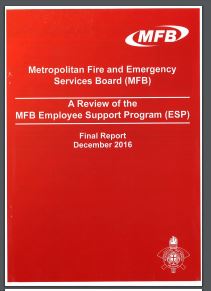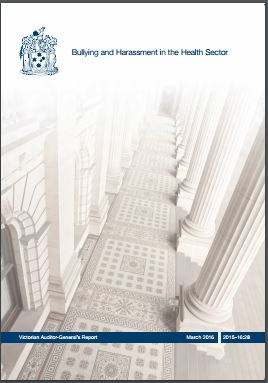 SafeWorkSA has released a series of single page safety advices on a range of occupational health and safety (OHS) topics including the use of quad bikes in agricultural workplaces. The information included and the tone used indicates that the debate over quad bike safety may be settling.
SafeWorkSA has released a series of single page safety advices on a range of occupational health and safety (OHS) topics including the use of quad bikes in agricultural workplaces. The information included and the tone used indicates that the debate over quad bike safety may be settling.
The advice is clear and concise with some new safety perspectives but there are a couple of odd elements. The advice does say that the suitability of a quad bike should be assessed prior to purchasing but doesn’t suggest alternatives. These options should be expanded elsewhere on SafeWorkSA’s website or farming publications. Continue reading “Latest quad bike safety advice is more measured”



 injury or death. The reasons given are almost always social ones, external to the workplace. A
injury or death. The reasons given are almost always social ones, external to the workplace. A